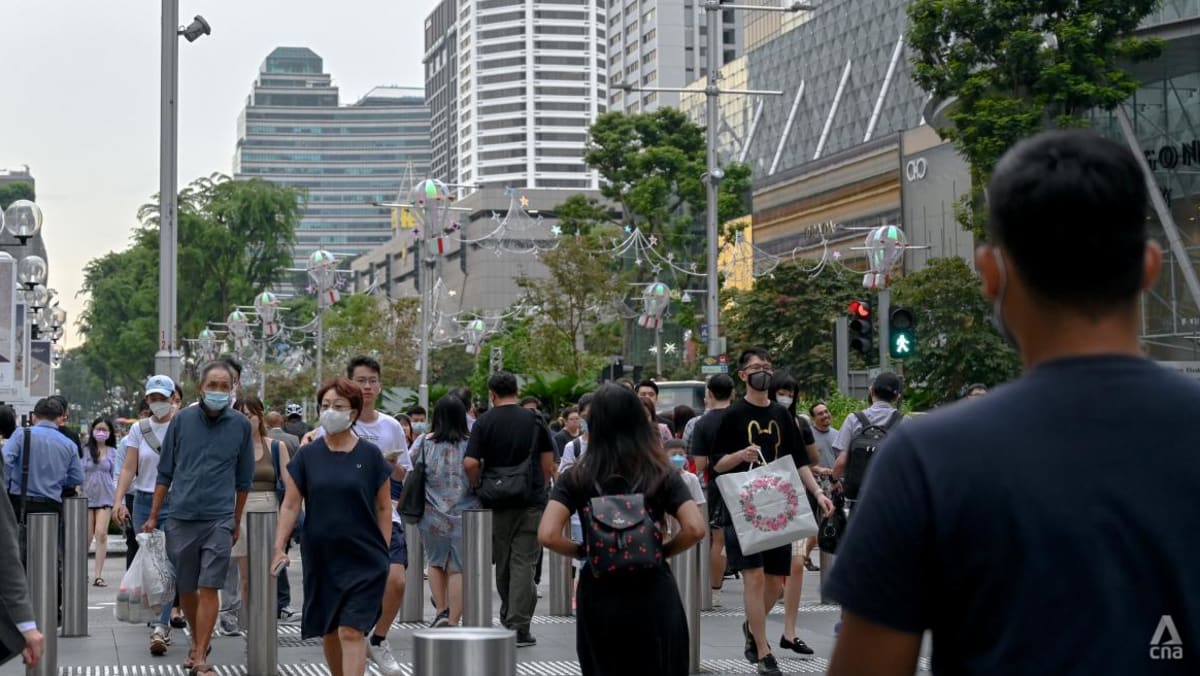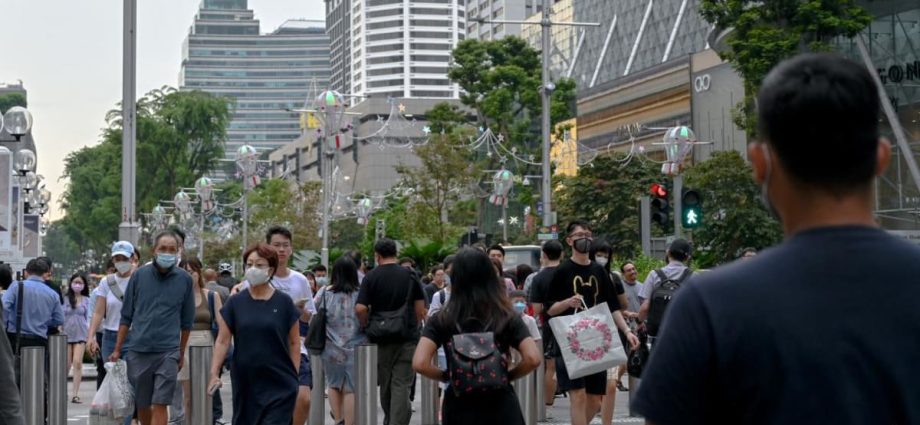
The study captured the responses to all 51 items in a table, split into whether respondents answered “yes” or “no” to whether each item was essential.
The top five items where respondents answered “yes” were a refrigerator at 99.5 per cent, public transportation for day-to-day commutes at 98.5 per cent, a stove or a cooking device at 97.3 per cent, personal hygiene products at 97.1 per cent and a mattress at 96.5 per cent.
Of the respondents, 63.6 per cent felt that air-conditioning was essential. The authors said that views on this differed greatly across income groups. During discussions, some felt air-conditioning was necessary to counter the heat in Singapore while others felt it was a luxury given the high electricity bills associated with it.
At the bottom of the list were paid streaming services, such as Netflix, at 37.5 per cent, domestic help for caregiving at 33.1 per cent, private enrichment lessons at 29.5 per cent, and both domestic help for household chores and annual staycations at 27.4 per cent each.
Notably, smartphones with data plans, and savings for at least three months’ worth of expenses for emergencies figured high on the list, with 93.3 per cent and 95 per cent respectively considering the item to be essential.
Activities that were considered essential by Singaporeans include family bonding outside of the home at 90.4 per cent, free time for hobbies at 86.4 per cent, going out with friends at 84.7 per cent, dining out at restaurants at least once a month at 62.1 per cent, and an annual overseas vacation in a Southeast Asia country at 56.3 per cent.
The study noted how annual overseas vacations in Southeast Asia countries ranked higher than annual staycations.
“This possibly reflects the importance that respondents place on fulfilling leisure and social participation needs outside of the country,” it said.
“Based on our focus group discussions, respondents generally perceived destinations like Malaysia or Batam to be more affordable compared to a local staycation.”

